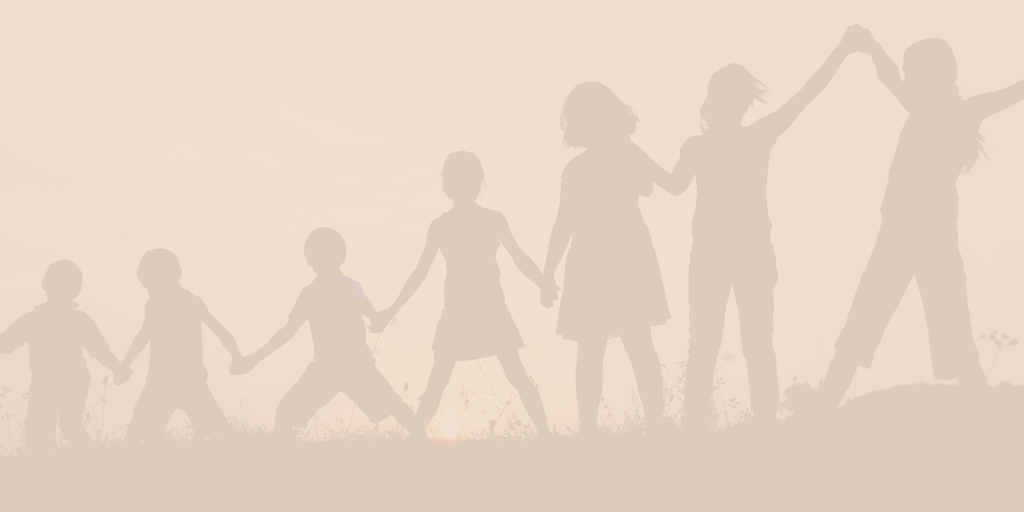I’ve been scratched, bitten, spit on, screamed at, and peed on by several kids with special needs. They are still my favorite people on earth.
Growing up, there were many times I felt embarrassed of my younger brother with autism, who drooled all over his shirts and sang too loudly in public places. As I started volunteering in middle school, I felt inspired by the way people encouraged him to sing out loud instead of shushing him and bringing him down. I wanted to show the other pure-hearted kids all the love and care they deserved, when the rest of the world showed hatred or hostility.
I’ve worked with Austin, a nonverbal eight-year-old boy with autism, for six years and learned his language, his one-of-a-kind behavior, and peculiar interests. It’s been incredible watching him grow as he started saying one-worded sentences, using sign language, and increasing his attention span from two to ten minutes. Being able to be a part of these miracles is one of the most beautiful parts of volunteering.
In the beginning of sophomore year, I began to sit with the special education class, and eventually became close friends with the entire class. Every week I’d talk to Armon about where his pizza was from, to Rameen about new, cheesy netflix shows, and to Rachel about Shawn Mendes, her current celebrity crush. To encourage inclusivity and bridge the wide gap prevalent at my highschool, I decided to create a Best Buddies, a club where students sit with the special education class during lunch once a week. I wanted the general education classes to become more comfortable and friendly with the special education class, as many of them have little exposure to people with special needs, often forming negative stigmas about this community. Best Buddies has grown so much from the special education class having one outside friend to talk to, to each student having their own special buddy.
In the summer of my sophomore year, I wanted to do something meaningful, so I joined RAD (Rising Above Disabilities) Camp, a sleepover camp where you spend an entire week with one buddy who has special needs; My buddy was Linda. It was definitely challenging having to take care of a whole other person, making sure she ate properly, had regular bowel movements, and got enough sleep, but it was the best week of my life just trying to make sure that Linda was having the time of her life. We had epic splash battles in 100 degree weather, sang the Backstreet Boys songs at the top of our lungs, and exchanged our best dance moves. RAD Camp has become my happiest place on earth.
In the winter of my junior year, I spoke at Irvine Talks, a district wide event, featuring performances about human perspectives through the mediums of dance, song, and speech, and gave a speech in front of 700 people about the negative stigmas and words often associated with the special needs communities. I put on a smile despite feeling terrified and gave my speech; Spreading positive messages about the special needs community for my friends and my own brother was so much more important to me than my own fears. I advocated for this underappreciated community, and showed how beautiful it was, despite the common stereotypes of them being slow or unintelligent. I talked about how using the word “retarded” was extremely offensive and demeaning to my beautiful friends and family. I emphasized their uniqueness and beauty that brings so much character and joy to this world.
In the future, I would like to become an occupational therapist where I get to help these people overcome obstacles and develop skills needed for their daily lives. I’ll continue advocating and loving my beautiful friends with special needs for the rest of my life. For my beautiful friends, I don’t mind getting peed on.
Scholarship Essay by Esther Hanseul Kim
UCA’s most recent Scholarship Essay Contest for High School Juniors and Seniors officially ended on May 15, 2020. While the theme has always been to explore ways to make a more caring world, our most recent Essay Contest specifically asked how they would make a more caring world in one of four categories – Children – Animals – Reforestation – Elderly. The winning essays have been posted and awards distributed.
Because there were so many impressive essays submitted from across the U.S., we decided to share many of these students’ inspiring caring actions with you in this publication. Through their essays, the students provide a refreshing insight into their minds and hearts, offering an in depth view of our world that we often overlook. They take us on a journey rich in knowledge, personal experience and creative solutions. It is our hope you will feel as informed and inspired as we do. We are proud to present to you the writings, thoughts and dreams for a more caring future through these articles.

